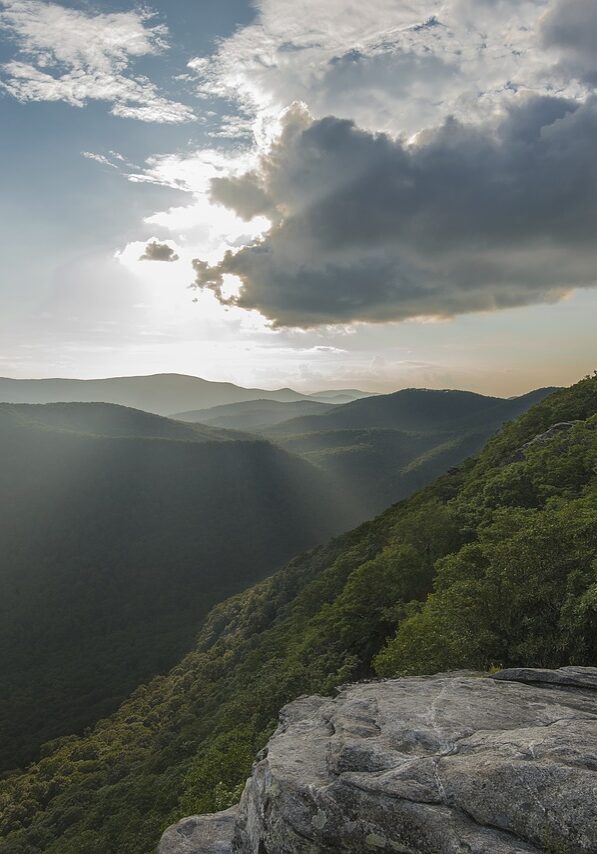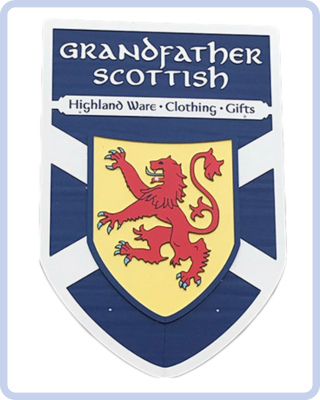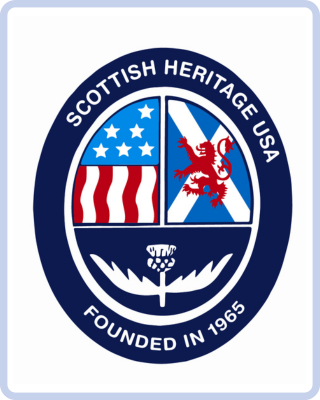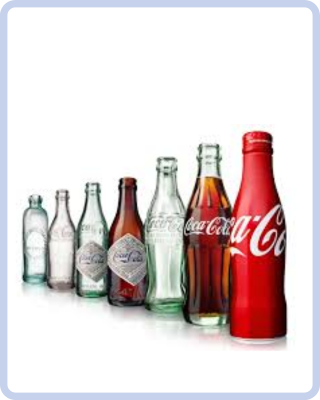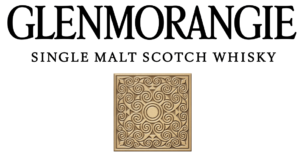Donald's Gaelic Ceilidh Tent
Come to Donald’s Ceilidh Tent and learn songs of ineffable beauty from the Scottish Highlands and Islands sung in Gaelic. After each song-session there will be a brief period when you can learn easy-to-say expressions in the Gaelic language. The tent is situated on the East Meadow near the Cairn of the Clans.
Song sheets will be provided in Gaelic. English translations of all songs will be provided along with easy-to-read phonetics. You will be amazed at the number of tunes you already know—all of which were originally Gaelic: “Morning has Broken,” “Westering Home,” “The Campbells are Comin’ ”, etc.
Contact
Jamie MacDonald
EMAIL
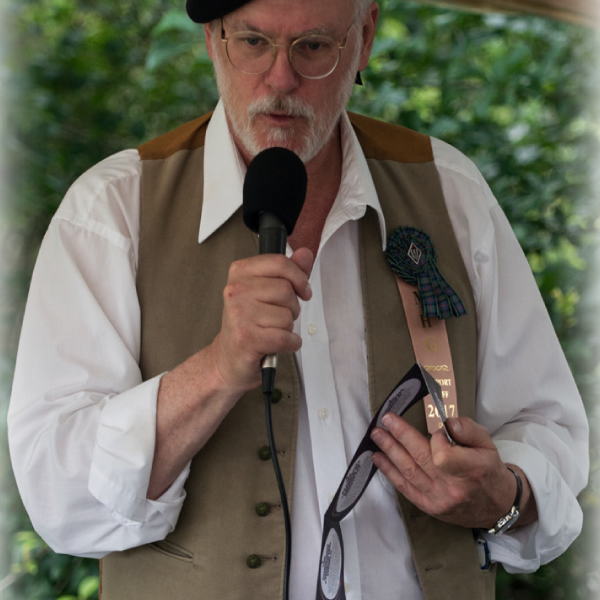
The Gaelic Mod
To our Celtic forbears, a “Mòd” was a judge’s, court, such as those held on “duns” or hills by he Lord of the Isles, There are place names throughout Scotland-e.g., Mote Hill, Renfrewshire and Muthill in Fife, which are reminders of such courts. Indeed, US law students are familiar with the term, “moot court,” in which hypothetical cases are “tried.” And we often use the term “a moot debate.” The Gaelic word took on its present meaning in 1891, when enthusiasts at the Oban Highland Games began competitions in Gaelic singing and verse recitation. Loosely modeled on the annual Eisteddfod in Wales, the Oban event grew into a week-long national celebration.
The NC Mòd was started in 1997 by Dr. Jamie MacDonald and Donald F. MacDonald. Dr. MacDonald served as the judge at the first two mòds until he was joined by an additional judge from Scotland in 1999. Adjudicators in the following years have included some of Scotland and North America’s finest Gaelic singers and teachers. Past winners of the NC Regional Mòd include Rhiannon Giddens, lead singer of the Carolina Chocolate Drops.
The Rules
Grandfather Mountain North Carolina Gaelic Mòd 2024
~ The Rules:
- Sing one Scottish Gaelic song, preferably a slow one like a waulking song, rowing song, lullaby, òran mòr, or lament.
- The competitor must supply the judge with two copies of the Gaelic words to their songs. They should also supply an English translation.
- It is preferred that songs be learned by heart prior to the competition without the need to resort to written text.
- Please keep the songs to a reasonable length, no more than 4 verses. If the song has a repeating chorus, sing it once at the beginning and once at the end.
- Explanations about the song must be kept short.
- Turn in two copies of this form with two copies of your song, no later than 2:00 PM on the Saturday of the Mòd.
- The Mòd will be held at the Grandfather Mountain Highland Games in Donald’s Ceilidh Tent at 3:00 PM on the Saturday, July 8th
- For more information, contact Dr. Jamie MacDonald at [email protected].
Judges
Wilma Kennedy
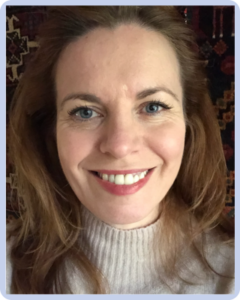
Wilma Kennedy, a native Gaelic-speaker from Glasgow with strong roots to the Isle of Skye and Tiree, is a singer, actor, and teacher. She has been performing and teaching professionally for more than 3 decades. Wilma is a former member of Bannal, the waulking group. She recorded two albums with them and produced a documentary for BBC Alba where Bannal tried to hand waulk tweed using the old methods. She is also a former member of her family band, The Campbells of Greepe, and performed widely at festivals and concerts with them and recorded two highly acclaimed CDs.
Wilma is one of only a few Gaelic singers who have won both solo-singing Gold Medals at the Royal National Mòd, the National Gold Mòd Medal and the Mary Lamont Gold Medal for traditional singing. She also conducted the Dundee Choir for 12 years and enjoyed success at the National Mòd with them too.
Committed to passing on the traditions and language of Gaelic she currently works as a Gaelic Medium Teacher in Primary education. Song has been a vital component for supporting the teaching of the Gaelic language to these young children.
Judge
Michael Kleven
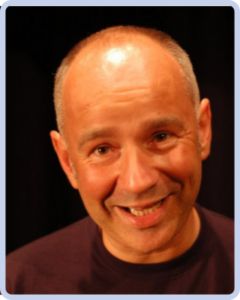
Dr. Michael Klevenhaus is an actor, singer, author, translator, and language coach. Michael received an MA in Gaelic & Material Culture at Sabhal Mòr Ostaig (the Gaekic college on Skye) and a PhD at the University of Koblenz, Germany in musicology, where his doctoral dissertation was: Ludwig Mòr nan Òran - The Gaelic Origins of the Scottish Songs by Ludwig van Beethoven.
Dr. Klevenhaus is the director of the German Institute for Gaelic Language & Culture in Bonn, Germany where he is teaches Gaelic. In addition to teaching in many other venues including Bonn University, he teaches short courses at Sabhal Mòr Ostaig in the Isle of Skye during the summer. Michael sings in the band "Òran is PÌob" and in the Ludwig Mòr Ensemble with the piper Alan MacDonald, Mary MacInnes, and others.
How It All Began
The Diaspora of Scots in the late 18th and early 19th centuries gave North Carolina the distinction of being the largest settlement of Gaelic-speaking Highlanders on the North American continent. This was before the large numbers of Highland emigrants left for what is now Canada. Gaelic remained a spoken language in North Carolina—although a rapidly declining one—until around the time of the First World War.
In memory of those early speakers, our Games Cofounder, Donald MacDonald, himself a descendent of North Carolina Gaels, began to teach Gaelic songs to Games visitors in 1996.
Donald's late wife, Marietta MacLeod, had given him valuable background notes about scores of favorite Highland songs. With the help of his sister-in-law, Kitty MacLeod Gregson, Donald prepared song-sheets which included historical information, music, Gaelic lyrics and English translations concerning more than 40 songs. To help students with pronunciation, he even provided phonetics.
That first year approximately 200 persons, over a span of two days, filled “Donald’s Gaelic Ceilidh Tent” to learn the songs which their ancestors had known.
Among the visitors to the tent were young people eager for serious study, which was later provided by Jamie MacDonald (via An Comunn Gàidhealach America). It was almost inevitable that a Gaelic Mòd (in which competitors sing a Gaelic song of their choosing) should follow.
